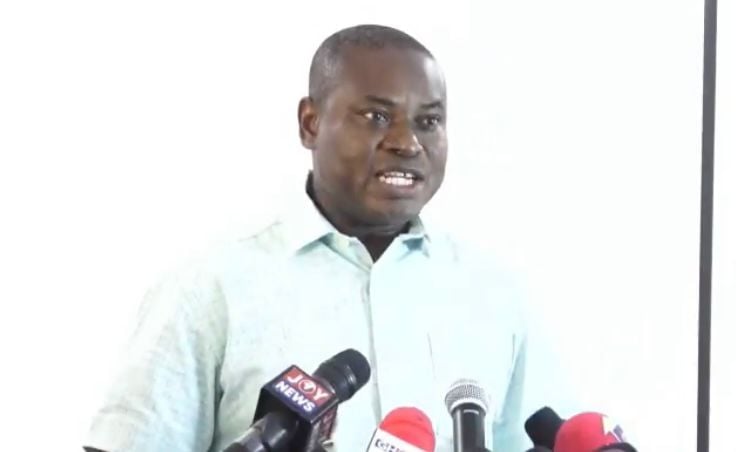The recent discourse surrounding the fight against illegal mining, colloquially known as “galamsey,” in Ghana has ignited a heated debate between the ruling and opposition parties. Former President John Dramani Mahama, now the current president, and Richard Ahiagbah, the National Communications Director of the New Patriotic Party (NPP), have engaged in a public exchange, highlighting divergent perspectives on addressing this critical environmental and economic challenge. President Mahama’s recent pronouncements on the issue have drawn sharp criticism from Ahiagbah, who contends that they demonstrate a lack of commitment to combating galamsey, contrasting it with the purportedly more resolute approach of former President Nana Addo Dankwa Akufo-Addo.
The controversy stems from President Mahama’s explanation for the withdrawal of the Inspector General of Police’s task force on illegal mining. He argued that the task force’s operations were disrupting legitimate small-scale mining activities and inadvertently targeting licensed miners who were being mistaken for illegal operators. This justification, coupled with his rejection of calls for a state of emergency in galamsey-prone areas, has been interpreted by Ahiagbah as a sign of wavering resolve in the fight against illegal mining. Ahiagbah pointedly criticized the President’s stance as demoralizing, suggesting that it validates public perception of a less decisive approach to galamsey compared to the previous administration.
Ahiagbah’s critique centers on the perceived inconsistency between President Mahama’s current position and his previous pronouncements while in opposition. He recalled President Mahama’s earlier commitment to declare war on galamsey, contrasting it with his current reluctance to implement more drastic measures like a state of emergency. This apparent shift in stance has fueled Ahiagbah’s criticism and fueled the political debate surrounding the effectiveness of the government’s strategy in tackling illegal mining. He argued that the President’s explanation for not declaring a state of emergency is particularly disappointing, given his previous strong rhetoric on the issue.
President Mahama, however, countered these criticisms by highlighting the progress made under his administration in reclaiming galamsey-affected areas. He noted that nine forest reserves previously overrun by illegal miners have been successfully reclaimed, showcasing tangible efforts to combat the environmental damage caused by galamsey. Furthermore, he indicated ongoing plans to repeal the contentious Legislative Instrument (LI) 2462, which has been a subject of debate regarding its effectiveness in regulating small-scale mining. These actions, according to the President, demonstrate a clear commitment to addressing the galamsey menace.
The crux of the disagreement lies in the interpretation of the government’s actions and their perceived effectiveness in curbing illegal mining. While Ahiagbah emphasizes the importance of decisive action and criticizes what he perceives as a lack of strong commitment from the current administration, President Mahama points to concrete achievements in reclaiming affected areas and ongoing legislative reforms as evidence of a proactive approach. This divergence in perspective reflects the broader political dynamics at play, with the opposition party seeking to highlight perceived shortcomings of the ruling government, while the latter defends its record and emphasizes progress made.
Ultimately, the debate surrounding galamsey in Ghana underscores the complex challenges involved in balancing environmental protection, economic development, and the livelihoods of those involved in the mining sector. Finding effective and sustainable solutions requires a multi-faceted approach that addresses the root causes of illegal mining, strengthens regulatory frameworks, and promotes responsible mining practices. The ongoing dialogue between the ruling and opposition parties, although at times contentious, serves as a crucial platform for scrutinizing government policies and ensuring accountability in the fight against galamsey. The effectiveness of the government’s efforts will be judged not only by political rhetoric but also by tangible results in curbing illegal mining activities and restoring the degraded environment.


